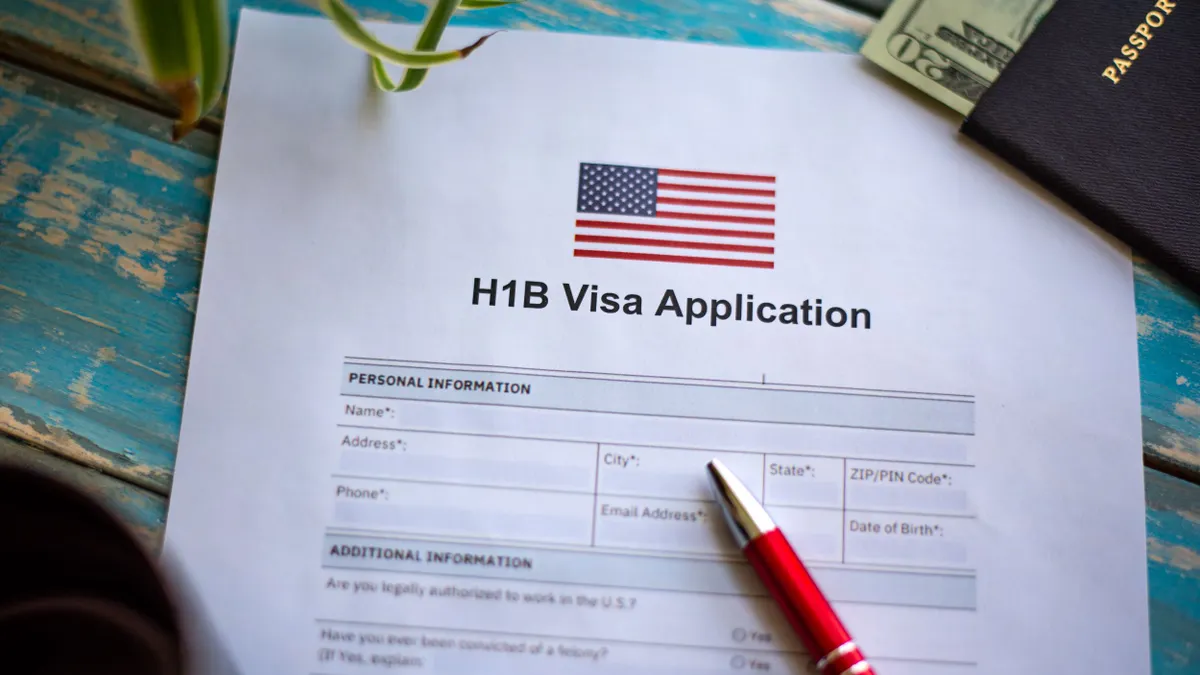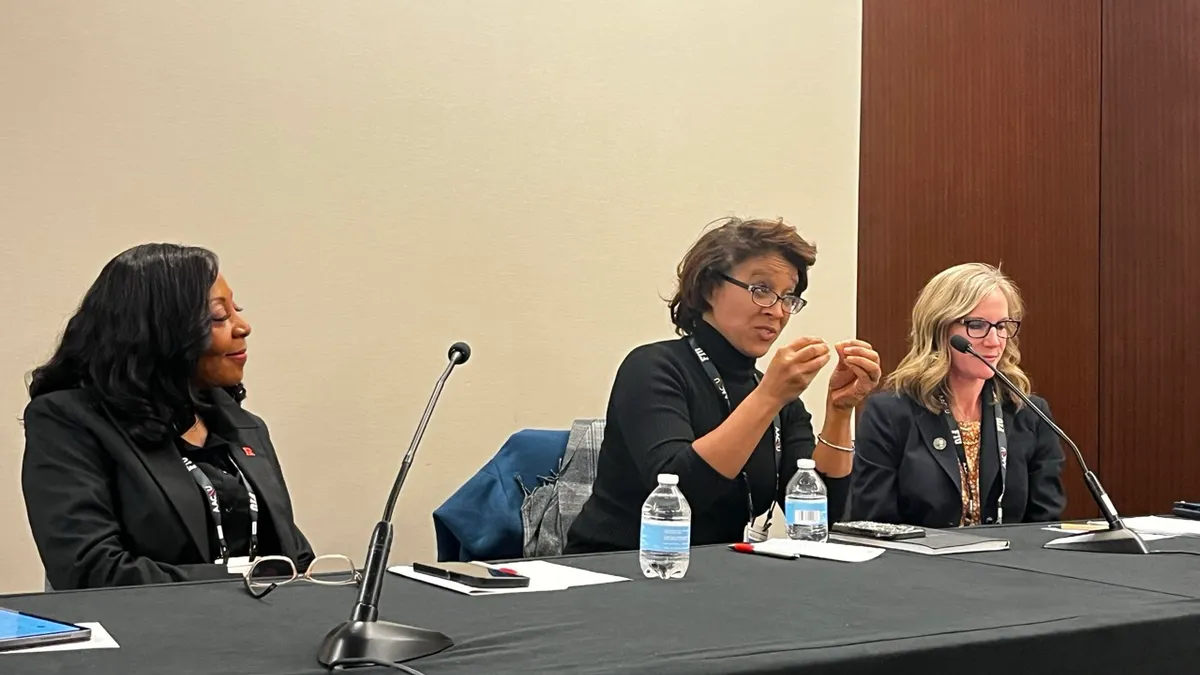Dive Brief:
- The U.S. Department of Justice is suing Minnesota for allowing undocumented college students to pay in-state tuition rates and, in some cases, attend public colleges at no cost.
- U.S. Attorney General Pam Bondi argued Wednesday that in-state tuition rates for undocumented students illegally provide benefits not offered to all U.S. citizens. But student advocates and proponents of such policies note that participating states do not have different sets of requirements for U.S. citizens and undocumented residents.
- DOJ's lawsuit is the department's third action against in-state tuition policy for undocumented students this month. The agency sued Kentucky over its policy last week, after working with Texas to strike down that state's version of the practice.
Dive Insight:
As of May, 24 states and Washington, D.C., had policies allowing undocumented students to pay in-state rates at some or all public colleges. However, Florida’s law is set to be revoked effective July 1 following a push from conservative state legislators. And Texas officials joined the DOJ in revoking its 24-year-old policy earlier this month, following a lawsuit from the federal agency.
Now, the Trump administration is continuing its crusade against in-state tuition for undocumented students by targeting Minnesota and Kentucky.
While Minnesota oversees prominent refugee resettlement efforts, it isn't known for a significant population of undocumented students.
One analysis found that too few undocumented students attended Minnesota colleges in 2021 to be counted. The same was true for Kentucky. By comparison, 59,000 undocumented students attended Texas colleges that year.
Still, Bondi argued that the two states' policies illegally prioritize these students over U.S. citizens.
“No state can be allowed to treat Americans like second-class citizens," she said in a Wednesday statement. “The Department of Justice just won on this exact issue in Texas, and we look forward to taking this fight to Minnesota in order to protect the rights of American citizens first.”
Bondi issued a nearly identical statement last week when her department announced its lawsuit against Kentucky.
In Minnesota, an undocumented student is eligible for in-state tuition rates and state financial aid if they attended a Minnesota high school for at least three years and graduated from high school or earned a GED in the state.
State law also requires undocumented students to show they have applied for lawful immigration status through a federal pathway. However, this condition is currently waived, as no such system exists.
Furthermore, Minnesota residents — including undocumented students — can attend public colleges at no cost if their families make less than $80,000 annually. The state's North Star Promise Scholarship, a last-dollar program, covers participating students’ remaining tuition and fees after all other scholarships and grants are applied.
Texas' rapid assent to DOJ's demands gave the Trump administration an early win. But Minnesota and Kentucky may be less likely to acquiesce to the federal government's demands.
The Minnesota Legislature is partially under Democratic control. And Gov. Tim Walz — the Democratic vice presidential candidate in 2024 — is known for promoting progressive ideals. Kentucky, while controlled legislatively by Republicans, has a Democratic governor, Andy Beshear, who is a vocal critic of President Donald Trump.














